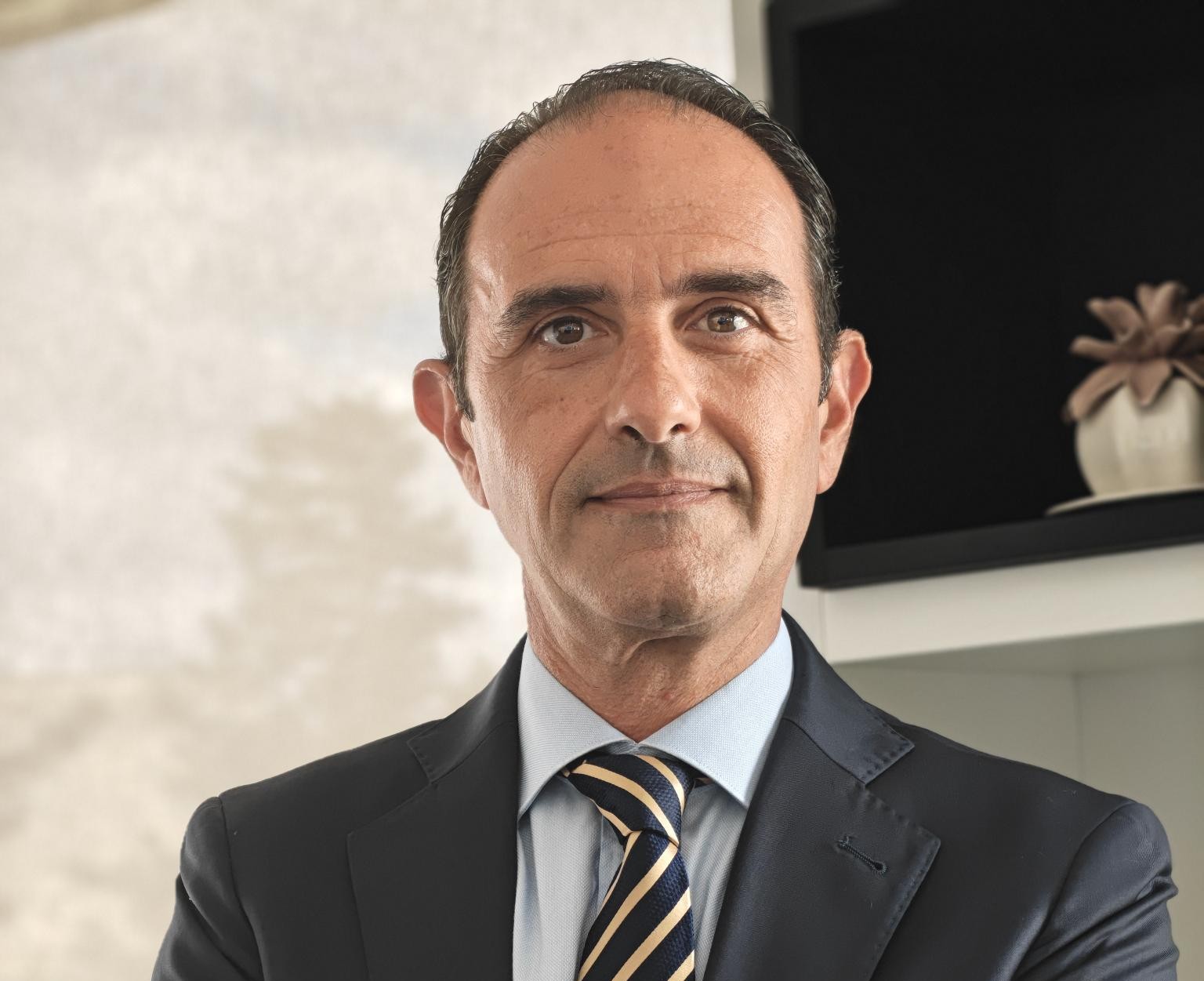The next 100 days could be more than a countdown – they present a real opportunity for CEOs to make changes that can reshape their leadership and set the tone for the months ahead. Instead of coasting through the last quarter, business leaders can use this time to drive meaningful progress, both for themselves and for their organisations.
Here are ten shifts every CEO can make over the next 100 days to sharpen their impact and performance.
1. From busy to bold
Being constantly busy is not the same as being effective. Rather than reacting to every demand, leaders should focus on proactive, high-value work. Clearing low-impact tasks from the diary creates the space to think strategically and make bolder decisions.
2. Ask more, tell less
Strong leaders cultivate curiosity. By asking more questions and encouraging open dialogue, they create an environment where ideas surface from all levels of the organisation. Often, the most effective solutions come from those on the frontline who deal with challenges every day.
3. Own your energy
A leader’s mood is contagious. The way a CEO starts the day often dictates the tone for the whole organisation. Building morning rituals – whether exercise, reflection, or setting daily intentions – helps leaders bring clarity, confidence, and energy to their teams.
4. Upgrade the team, not just the tech
Technology evolves quickly, but it is people who determine success. Investing in employees’ resilience, skills, and mindset delivers far greater long-term value than chasing the latest tool. When leaders focus on people, performance follows.
5. Make one big move
Small, steady improvements are important, but sometimes bold action is what truly shifts momentum. Leaders should identify one decisive step – whether restructuring, entering a new market, or rethinking a product – and commit to it within this 100-day window.
6. Give feedback that fuels
Feedback should be a normal, everyday process rather than something that inspires anxiety. A culture of frequent, constructive feedback builds trust, encourages growth, and ensures teams stay aligned on shared goals.
7. Simplify to amplify
Complexity drains focus. Simplifying goals, priorities, and communications ensures clarity across the organisation. When messages are simple, they resonate more clearly, and teams can act with greater confidence and speed.
8. Refocus the scoreboard
“What gets measured gets managed” – but the wrong metrics waste energy. Leaders should reassess whether KPIs truly reflect what drives performance or are merely convenient to track. Focusing measurement on outcomes that matter ensures resources are directed where they have the greatest impact.
9. Lead the learning
A culture of learning begins at the top. When CEOs demonstrate a willingness to keep growing – through reading, engaging with peers, or bringing in fresh perspectives – they set a powerful example. Continuous learning becomes part of the organisation’s DNA.
10. Make it personal
The hardest person to lead is often yourself. CEOs should select one habit to improve over the next 100 days and commit to it with accountability. Leadership begins with personal discipline – and small, deliberate changes here often have the biggest ripple effects.
The next 100 days are a chance to make meaningful shifts in leadership.
Smartcare Finance announces board changes and new appointments
The company confirmed the resignation of Ian Stafrace and appointed new people to its governance team
CEOs wrapped: The words, inspirations, and soundtracks that defined 2025
As the year draws to a close, Malta’s business leaders reflect on the challenges, triumphs, and lessons that shaped 2025, ...
Valletta Legal marks 14-year milestone of Partner Anna Maria Zammit
'Anna Maria’s journey reflects what is possible when talent meets perseverance.'
Analytics ‘the bridge from intention to impact’ – Communications Hub CEO Viktoriia Yefimenko
As communication strategies become increasingly automated, the more valuable intelligence becomes.









